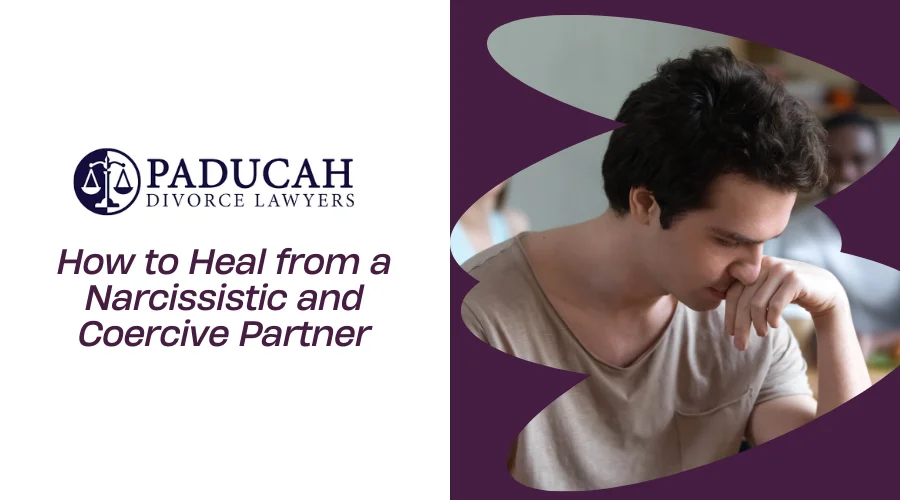Sharing parenthood with a former partner exhibiting egocentric traits often unveils a distressing strategy known as counter parenting. This tactic, wielded by narcissistic caregivers, extends coercive control even after separation, aiming to assert dominance and satisfy their constant need for validation.
Though recognized as a form of parental neglect by certain family courts, legal systems generally lag behind in addressing the harm inflicted on parents and the lasting emotional wounds inflicted on children.
Visit https://paducahdivorcelawyers.com/ for a free consultation.
What is Counter Parenting?
Counter parenting encompasses manipulative tactics employed by narcissistic individuals to retain control over their families. It serves as a post-separation abuse tactic, punishing a former partner and perpetuating coercive control long after the relationship ends.
Unlike cooperative co-parenting, where both caregivers collaborate for their children’s welfare, counter parenting solely prioritizes the narcissist’s desires, often involving gaslighting, emotional manipulation, and exploitation to ensure everything complies with their terms.
Key Traits of Counter Parenting
The defining traits of counter parenting revolve around an insatiable need for control, the absence of empathy, and emotional manipulation. Narcissistic individuals view their children as extensions of themselves, demanding unwavering obedience and resorting to guilt-tripping, emotional manipulation, and harsh repercussions upon deviation from their expectations.
Their lack of empathy leaves children emotionally invalidated and vulnerable to lasting emotional and psychological damage.
Identifying Counter Parenting Signs
Spotting counter parenting can be challenging, given narcissists’ skill in masking their vindictive nature. However, key indicators may include excessive control over children’s lives, manipulation tactics like gaslighting, leveraging children as pawns, emotional exploitation, smear campaigns against the other parent, lack of empathy, and consistent criticism.
Impact on Families
The consequences of counter parenting are profound and toxic, impeding healthy development and relationships. Children raised in such environments often suffer from low self-esteem, hampered relationship-building skills, and long-term psychological issues like anxiety and depression. The constant manipulation and emotional abuse scar their self-perception, impacting their adult lives, relationships, and overall well-being.
Psychological Factors Driving Counter Parenting
The behavior is rooted in narcissism, characterized by an inflated self-importance and a lack of empathy. Narcissists utilize counter parenting to maintain control, feeding their fragile egos and seeking validation through manipulation and dominance. It’s vital to recognize that this behavior stems from internal struggles and is not the child’s fault.
Strategies for Coping
Setting firm boundaries, seeking emotional support, prioritizing self-care, documenting incidents, and limiting contact with the narcissistic parent can help manage counter parenting dynamics. Professional intervention, like therapy or coaching specializing in narcissistic family dynamics, can provide essential guidance and support.
Effects on Children’s Long-Term Well-being
Counter parenting leaves deep scars on children, impacting self-esteem, trust, and relationships in adulthood. Healing from this trauma requires recognizing its effects, seeking professional help, and engaging in self-care practices.
Recovery from Counter Parenting Dynamics
Healing involves therapy, cultivating healthy coping mechanisms, and recognizing the impact was not the child’s fault. It’s a journey toward rebuilding self-esteem, setting boundaries, and fostering positive relationships.
Understanding counter parenting, its effects, and strategies for overcoming its grip is crucial in promoting healthy parenting and empowering affected families. Recognizing this destructive tactic and seeking professional help can aid in breaking free from the cycle of coercive control, paving the way for healing and healthier relationships.
Learn more about Co-Parenting Arrangements: Striking a Balance Between Rights and Responsibilities.






